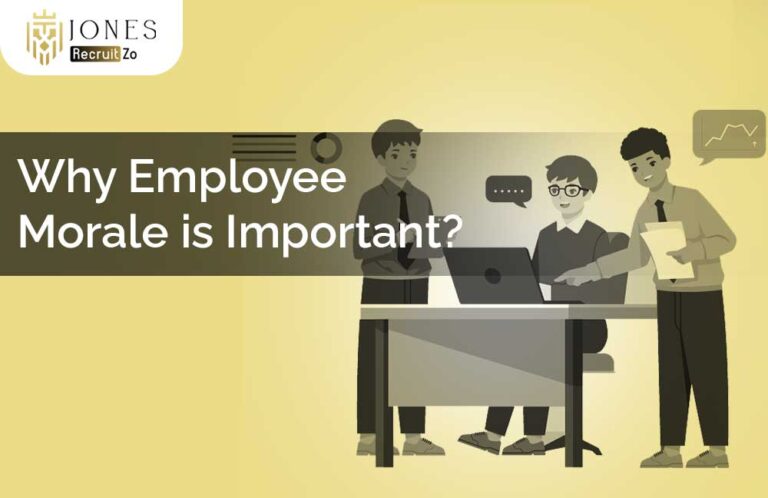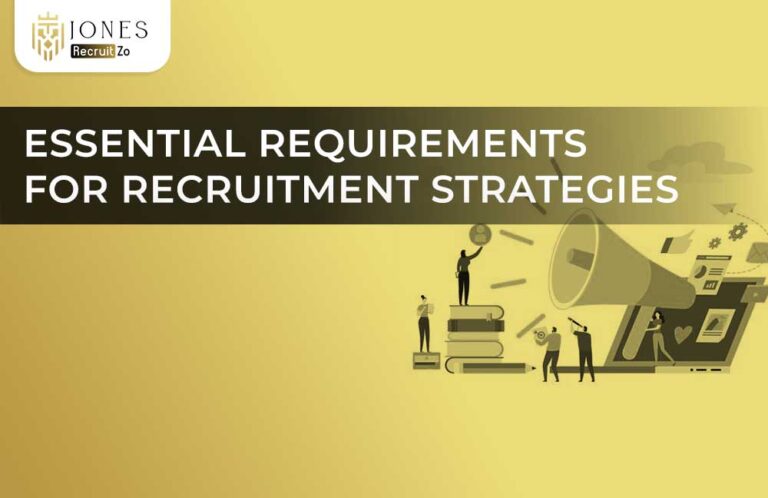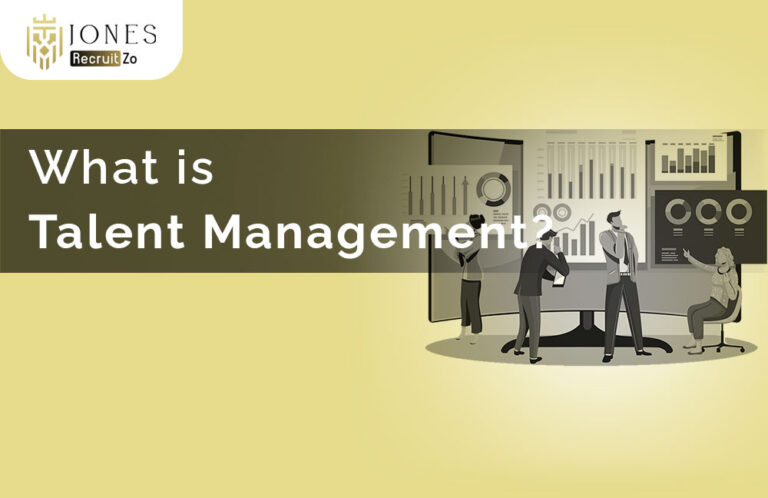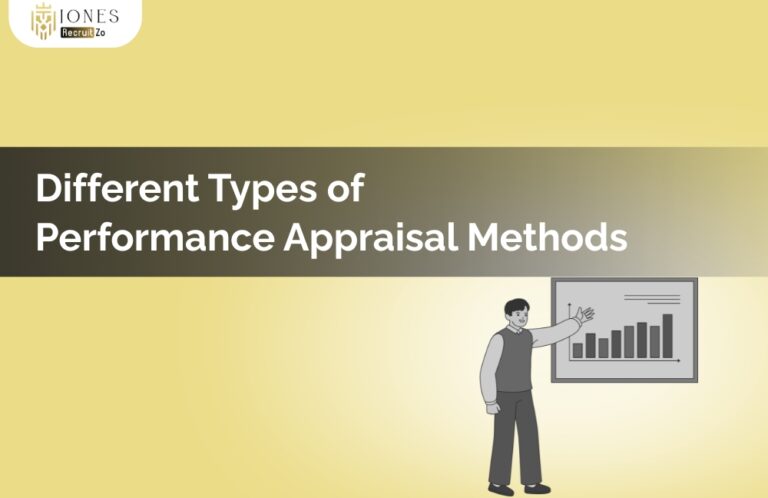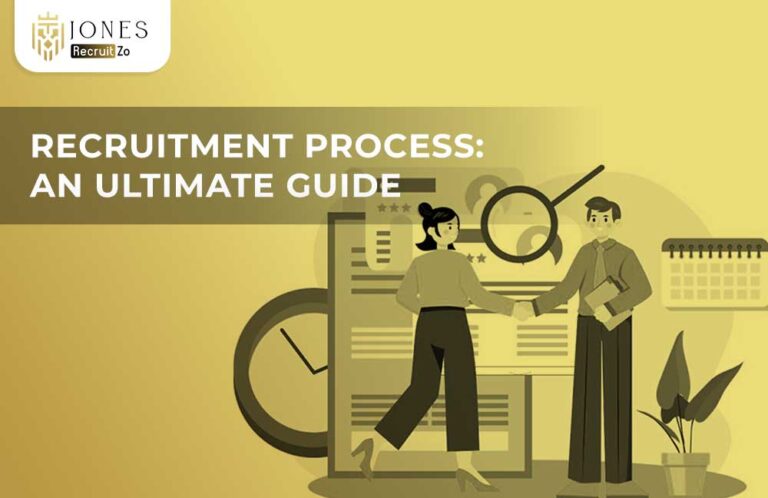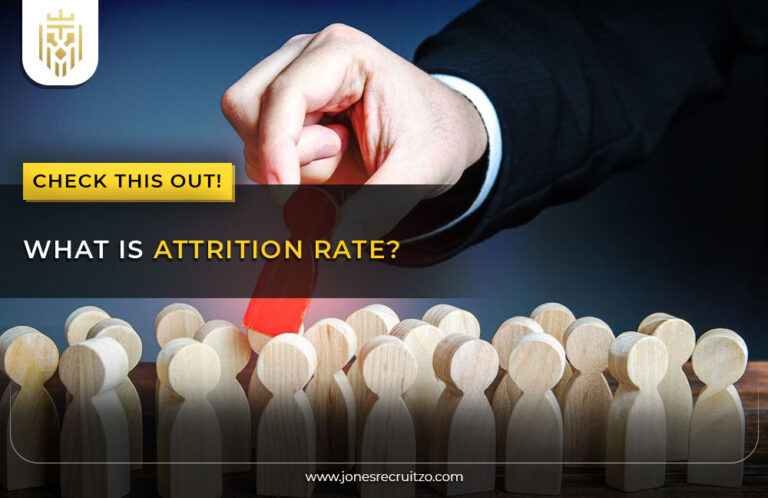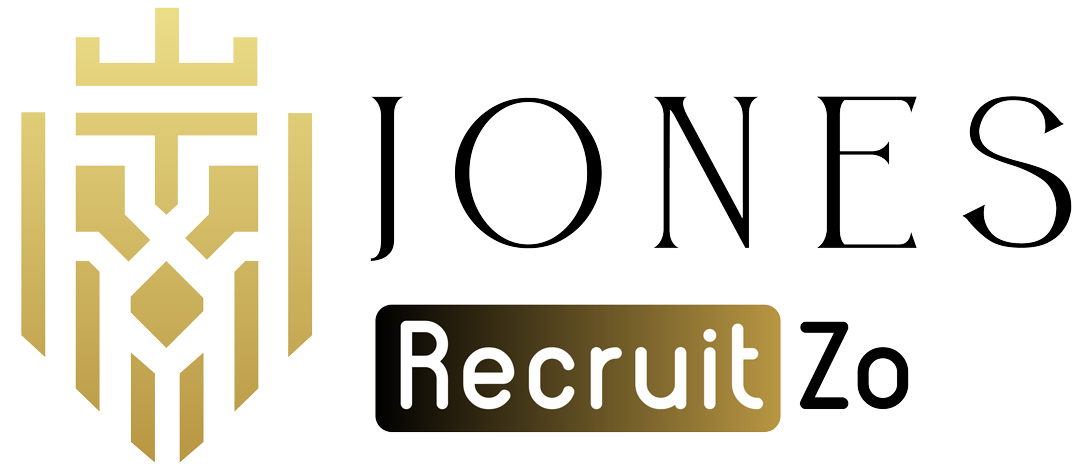Key Insights
Roles and Responsibilities of HR Executive
Recruitment, payroll, employee engagement, and compliance management fall within the scope of HR executive jobs and duties. Their work ensures smooth operations of human resources, with employees’ needs being met and management taken care of.
Skills Required to be HR Executive
Some of the key skills an HR executive should possess are communication, organisation, and problem-solving. In the operational aspect, these skills help them recruit and maintain workforce efficiency.
Challenges Faced by HR Executive
The various challenges faced by an HR executive include their role in conflict management, talent retention, and compliance. Surpassing these would ensure long-term viability for the workforce.
HR Executive Roles and Responsibilities
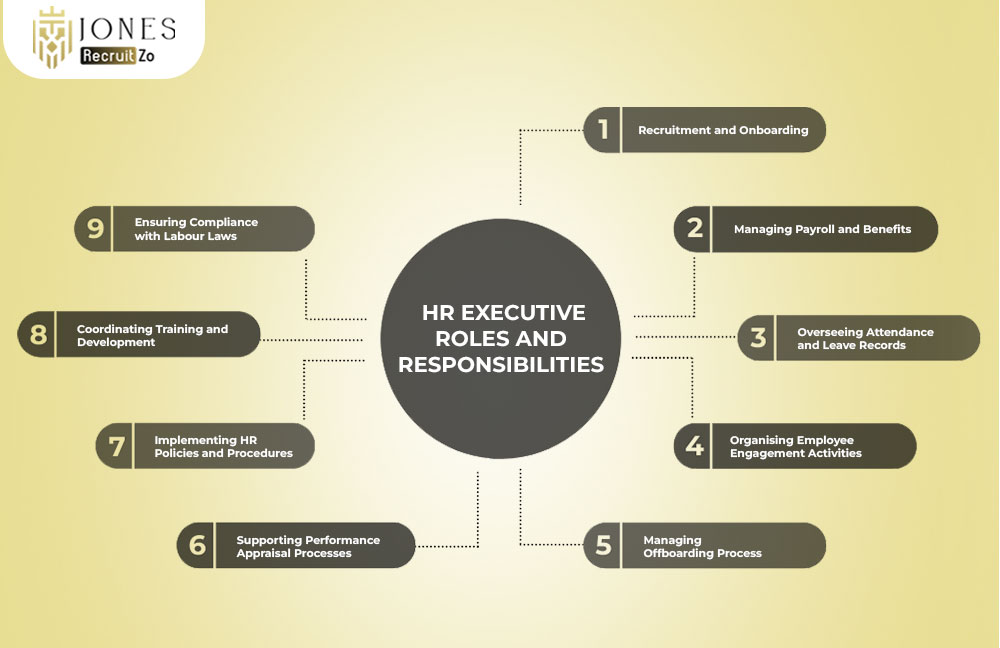
The HR executive roles and responsibilities cover a wide range of functions that directly impact employee satisfaction and organisational success.
Recruitment and Onboarding
An HR executive manages the entire hiring cycle, from advertising job posts, perhaps by using job portals, to interviews, and finally settling down on offers. The HR executive ensures that the new hires are subjected to good induction programmes, training them adequately for their roles so that they easily integrate with the organisational culture and rapidly start working productively.
Managing Payroll and Benefits
One of the crucial roles of an HR executive is to administer payroll and benefits. They make sure all salaries are paid in time, all deductions are accurate, and statutory compliances like the Employee provident fund and the Employees State Insurance Corporation are adhered to. Alongside the payroll, they manage all employee benefits such as health insurance and performance incentives, maintaining fairness and transparency at all times.
Overseeing Attendance and Leave Records
Keeping records of attendance and leaves is essential for employee satisfaction and abstraction of payroll. The HR executive in-charge handles attendance through software, maintains all records of leave applications, and queries of employees regarding time-off. This will keep things operating smoothly and avert any discrepancies in payroll.
Organising Employee Engagement Activities
An HR executive develops initiatives that can be employee-orientated engagement and workplace culture. From team-building activities to wellness programmes, the staff must feel motivated and appreciated. Regular engagement activities prevent attrition and help improve job satisfaction.
Managing Offboarding Process
The offboarding is as important as the onboarding. HR executives handle resignation formalities, as well as conduct exit interviews and smoothen full and final settlement processes. By keeping departures professional, they contribute to the corporate reputation as well as gather information towards retention strategies.
Supporting Performance Appraisal Processes
Performance appraisal processes and activities by HR Executives. To undertake this activity, they ensure managers apply structured processes, collect feedback, and maintain evaluation processes in writing. This strengthens career advancement and treats employees with fairness and equality.
Implementing HR Policies and Procedures
Another of the important functions of an HR executive is the implementation of HR policies. They make sure that company rules and guidelines are communicated clearly and followed at all levels. Proper implementation of policies lays out discipline, fairness, and compliance in the working environment.
Coordinating Training and Development
Through training and development, employees polish or acquire new skills in line with their current or new roles. HR executives would prepare training schedules, identify the skills gaps, and ensure employees are focused on the right kind of learning opportunity to help with organisational and career growth.
Ensuring Compliance with Labour Laws
Compliance with labour laws is a must-do part in the life of the HR executive. They do them; it is attended to where minimum wages, working hours, safety, and workplace equality are concerned. And by keeping the compliance, they may reduce the legal risks and keep ethical practice.
Detailed Responsibilities of an HR Executive
The detailed responsibilities of an HR executive go beyond general HR functions and focus on structured daily and monthly tasks. These responsibilities ensure that both short-term workforce needs and long-term HR goals are consistently met.
Daily Tasks
Some of their daily operations are administering attendance policies, answering employee questions, interview scheduling, and assisting with the onboarding of employees. HR executives handle pressing queries posed by employees on employees, thus facilitating the smooth running of day-to-day HR functions.
Monthly Tasks
In many instances, they would involve preparing payables, preparing reports, and employee engagement activities and initiatives for performance reviews; and keeping abreast of compliance, new actions, and workforce recording.
Skills Required for an HR Executive
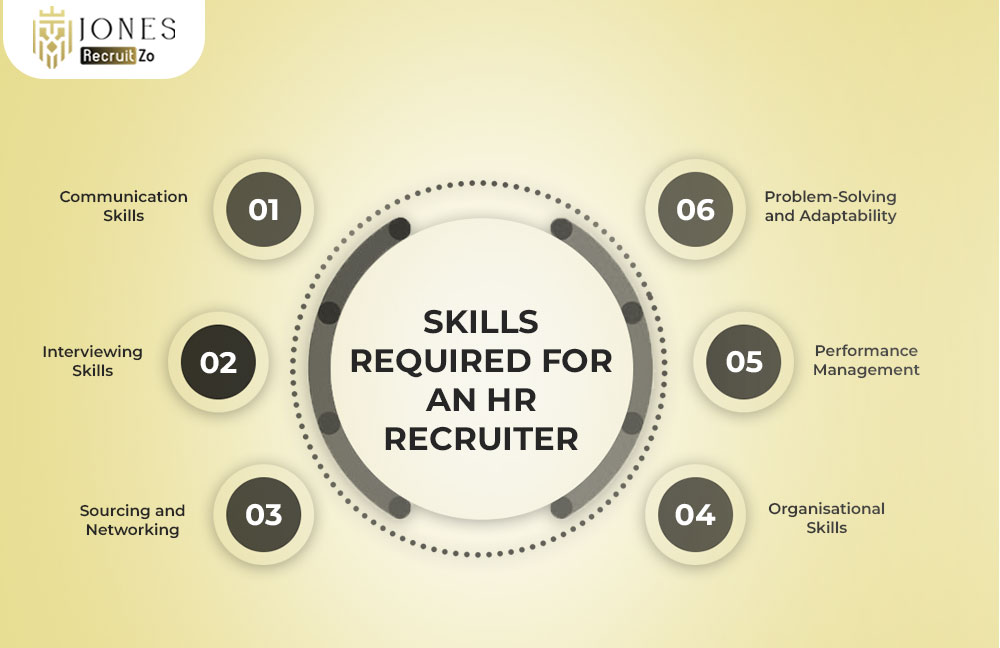
The HR executive roles and responsibilities demand specific skills that support effective workforce management. These skills not only help them perform their duties efficiently but also build trust among employees and management.
Communication Skills
HR executives must communicate well, be it oral or written communication. An HR executive can communicate in such a way that policies are clearly communicated, employee grievances are addressed, and proper interaction is maintained between management and staff.
Interviewing Skills
Interviewing skills enable HR executives to assess candidates fairly and, thereby, to be in a better position to judge whether the candidate is the best fit for the organisation. To do so, they prepare appropriate questions and assess the candidates’ answers.
Sourcing and Networking
An HR executive must keep active networking-looking for talent on job portals, social media, and through professional contacts. Sourcing skills are needed to maintain a continuous flow of qualified candidates for the company.
Organisational Skills
An HR executive relies on organisational skills to handle all kinds of events and activities such as payroll, recruitment, and compliance without errors. Such organisational skills also come in handy in time management and prioritisation of tasks.
Performance Management
Performance management gives best practices in HR that help HR executives coordinate appraisals and promote the development of others. In addition, they help managers with formalised processes that make for more fair performance assessments.
Problem-Solving and Adaptability
Problem-solving and adaptability are essential to handle workplace conflicts and unexpected issues. HR executives must remain calm under pressure while finding solutions that balance employee and employer needs.
Challenges Faced by HR executives
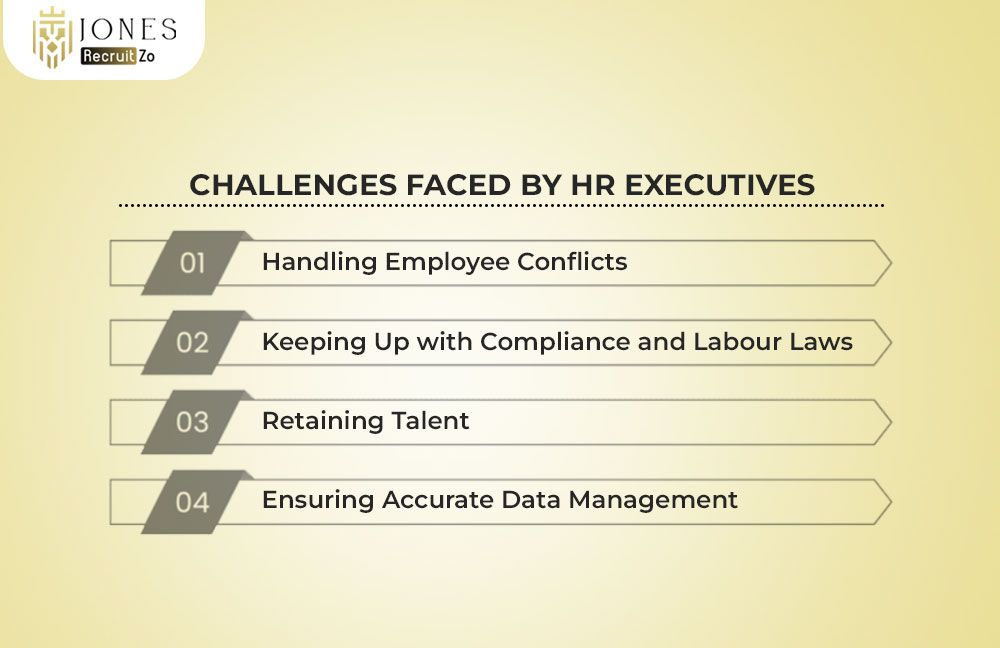
The HR executive roles and responsibilities come with several challenges that test their skills and adaptability. Overcoming these challenges ensures smooth operations and workforce stability.
Handling Employee Conflicts
Conflicts among employees are unavoidable, with HR executives acting as mediators. They work through the process by listening to both sides, identifying the constituency of the problem, and coming up with solutions that are fair to all parties.
Keeping Up with Compliance and Labour Laws
Labour laws keep changing, and compliance remains a constant challenge. HR executives need to stay ahead of the game to avoid penalties and promote fair practices in the workplace.
Retaining Talent
Retention is one of the most challenging issues for HR executives. They also must identify interventions that motivate and develop staff, like career growth and engagement activities, along with fair pay to reduce attrition.
Ensuring Accurate Data Management
Data management is crucial for payroll, compliance, and employee records. HR executives must ensure reliability in the HR system, as mishaps can cause employee dissatisfaction and compliance issues.
FAQs
1) What are the key roles and responsibilities of an HR executive?
The key HR executive roles and responsibilities cover all dimensions of recruitment, payroll management, compliance, employee engagement, and HR policies. They ensure operations go smoothly with employee satisfaction.
2) What are the skills required to be an HR executive?
Communication, organisational skills, problem-solving, and adaptability keep an HR executive able to handle all kinds of functions within a human resource environment.
3) How does an HR executive support recruitment?
Through sourcing candidates, interviewing, and ensuring a smooth onboarding process, HR executive recruitment placement activities make sure the right candidates get the right jobs.
4) What are the daily and monthly tasks of an HR executive?
Attendance and general employee queries are handled daily whereas payroll, engagement, and compliance reports are all monthly. Both assist with the continuous operation of HR.
5) What are the common challenges faced by HR executives?
Challenges include handling conflicts, retaining talent, managing compliance, and ensuring data accuracy. Addressing these helps organisations maintain workforce stability.

